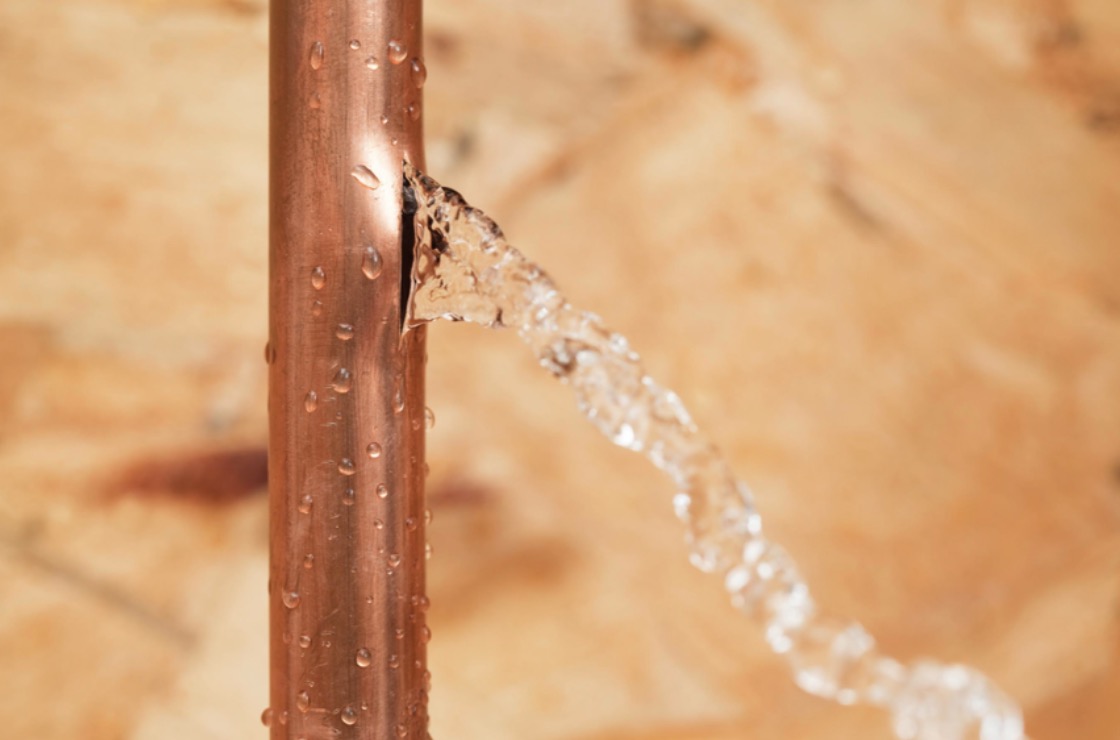Pinpoint What Leads to Water Leaks in Your House
Pinpoint What Leads to Water Leaks in Your House
Blog Article
What're your opinions regarding How Fast Water Damage Can Ruin Your Home?

Leaks not only create waste of water however can additionally trigger unnecessary damages to your residence as well as promote unwanted organic development. By recognizing as well as looking for day-to-day circumstances that cause leakages, you can safeguard your residence from future leaks and unneeded damages.
Intruding origins
The majority of water leaks begin outside your house rather than inside it. If you see an abrupt decrease in water stress, state in your tap, take some time to go out and also analyze your backyard. You may notice damp patches or sinkholes in your backyard, which could suggest that tree origins are invading water lines triggering water to seep out. You can have your plumber look for breach, particularly if you have trees or hedges near your building.
Corroded water supply
This may be the cause of discoloration or bending on your water pipes. If our plumbing system is old, take into consideration replacing the pipes because they are at a higher danger of rust than the more recent models.
Faulty Pipeline Joints
The factor at which your pipes attach is often the weakest web link in the waterline. Pipe joints can weaken over time, leading to water leaks. The majority of pipeline joints are not quickly noticeable. If you have noisy pipelines that make ticking or banging noises, especially when the hot water is switched on, your pipe joints are most likely under a lot of stress. It is a good idea to have your plumber evaluate your system annually.
Immediate temperature adjustments.
Extreme temperature level modifications in our pipelines can cause them to broaden and acquire all of a sudden. This expansion as well as contraction may cause splits in the pipelines, especially if the temperature are below freezing.
Poor Water Connectors
At times, a leakage can be brought on by loosened hoses as well as pipes that provide your home appliances. Typically, changing is what triggers the loose water Connections. You might find when it comes to a cleaning equipment, a hose might spring a leakage as a result of drinking during the spin cycle. In case of a water links leak, you might see water running straight from the supply line or puddles around your home appliances.
Blocked Drains
Blocked drains could be frustrating and also inconveniencing, but they can sometimes end up triggering an overflow bring about break pipelines. Maintain removing any materials that may drop your drains pipes that can block them to stay clear of such aggravations.
All the above are sources of leakages however not all water leakages result from plumbing leakages; some leakages may originate from roofing system leaks. All leaks should be fixed immediately to stay clear of water damage.
Leaks not just trigger waste of water but can also trigger unneeded damages to your house and advertise unwanted organic growth. By looking as well as comprehending for everyday situations that cause leaks, you can secure your house from future leakages as well as unneeded damages. Today, we will certainly look at six leakage triggers that may be creating your pipes to leak.
At times, a leak can be triggered by loosened hose pipes and pipes that provide your devices. In instance of a water connections leak, you may observe water running directly from the supply line or pools around your home appliances.
How To Check For Water Leak In Your Home
How To Check for Leaks
The average household's leaks can account for nearly 10,000 gallons of water wasted every year and ten percent of homes have leaks that waste 90 gallons or more per day. Common types of leaks found in the home are worn toilet flappers, dripping faucets, and other leaking valves. These types of leaks are often easy to fix, requiring only a few tools and hardware that can pay for themselves in water savings. Fixing easily corrected household water leaks can save homeowners about 10 percent on their water bills.
To check for leaks in your home, you first need to determine whether you're wasting water and then identify the source of the leak. Here are some tips for finding leaks:
Take a look at your water usage during a colder month, such as January or February. If a family of four exceeds 12,000 gallons per month, there are serious leaks.
Check your water meter before and after a two-hour period when no water is being used. If the meter changes at all, you probably have a leak.
Identify toilet leaks by placing a drop of food coloring in the toilet tank. If any color shows up in the bowl after 10 minutes, you have a leak. (Be sure to flush immediately after the experiment to avoid staining the tank.)
Examine faucet gaskets and pipe fittings for any water on the outside of the pipe to check for surface leaks.
Undetected water leaks can happen without the home or business owner even realizing. If you suspect a water leak, but not able to find the source. It is time to contact a professional water leak detection service, The Leak Doctor.
How To Find a Water Leak In Your Home
https://www.leakdoctor.com/blog/How-To-Check-For-Water-Leak-In-Your-Home_AE197.html

I'm certainly very curious about Common Water Leaks In House and I hope you enjoyed reading the blog entry. Are you aware of somebody who is in to How to Find Water Leaks? Please feel free to share it. Thank you so much for your time spent reading it.
Access certified emergency plumbing excellence. Report this page